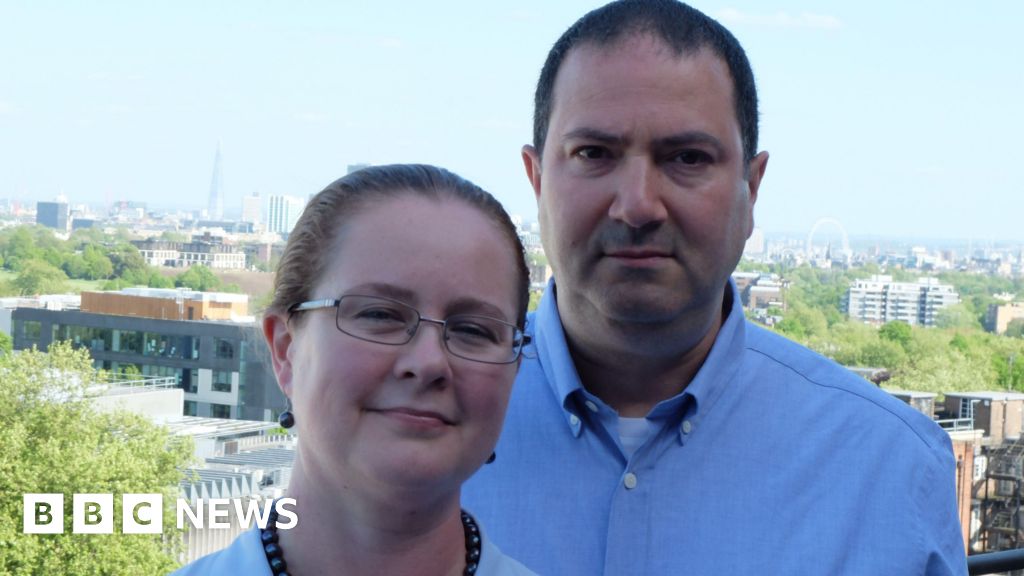World
We took on Google and forced them to pay out £2bn

Foundem had been hit by a Google search penalty, prompted by one of the search engine’s automatic spam filters. It pushed the website way down the lists of search results for relevant queries like “price comparison” and “comparison shopping”.
It meant the couple’s website, which charged a fee when customers clicked on their product listings through to other websites, struggled to make any money.
“We were monitoring our pages and how they were ranking, and then we saw them all plummet almost immediately, ” says Adam.
While the launch day for Foundem didn’t go to plan, it would lead to the start of something else – a 15-year legal battle that culminated in a then record €2.4bn (£2bn) fine for Google, which was deemed to have abused its market dominance.
The case has been hailed as a landmark moment in the global regulation of Big Tech.
Google spent seven years fighting that verdict, issued in June 2017, but in September this year Europe’s top court – the European Court of Justice – rejected its appeals.
Speaking to Radio 4’s The Bottom Line in their first interview since that final verdict, Shivaun and Adam explained that at first, they thought their website’s faltering start had simply been a mistake.
“We initially thought this was collateral damage, that we had been false positive detected as spam,” says Shivaun, 55. “We just assumed we had to escalate to the right place and it would be overturned.”
“If you’re denied traffic, then you have no business,” adds Adam, 58.
The couple sent Google numerous requests to have the restriction lifted but, more than two years later, nothing had changed and they said they received no response.
Meanwhile, their website was “ranking completely normally” on other search engines, but that didn’t really matter, according to Shivaun, as “everyone’s using Google”.
The couple would later discover that their site was not the only one to have been put at a disadvantage by Google – by the time the tech giant was found guilty and fined in 2017 there were around 20 claimants, including Kelkoo, Trivago and Yelp.










